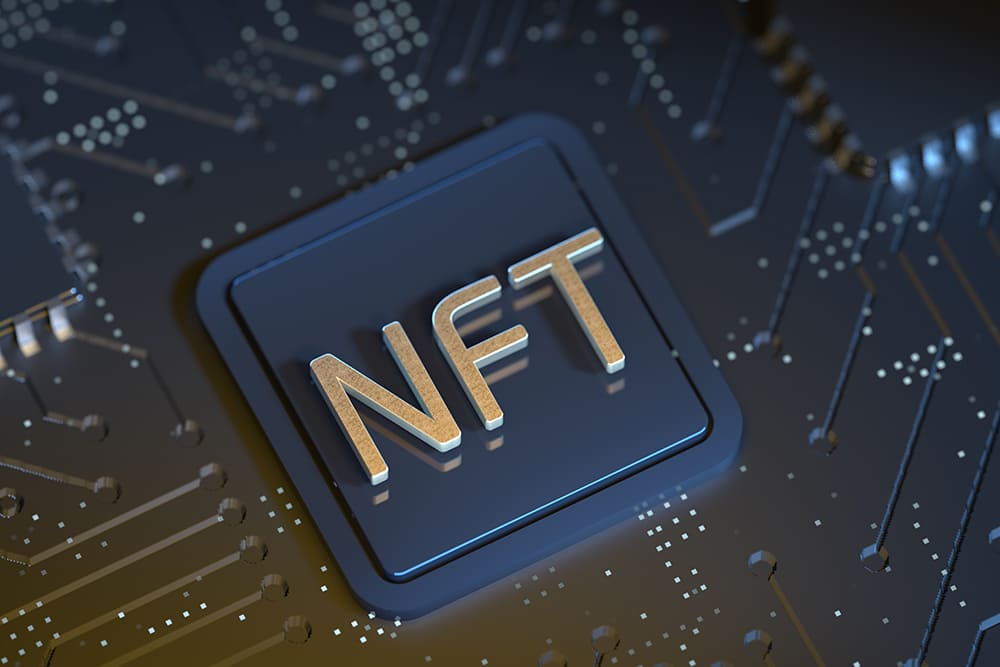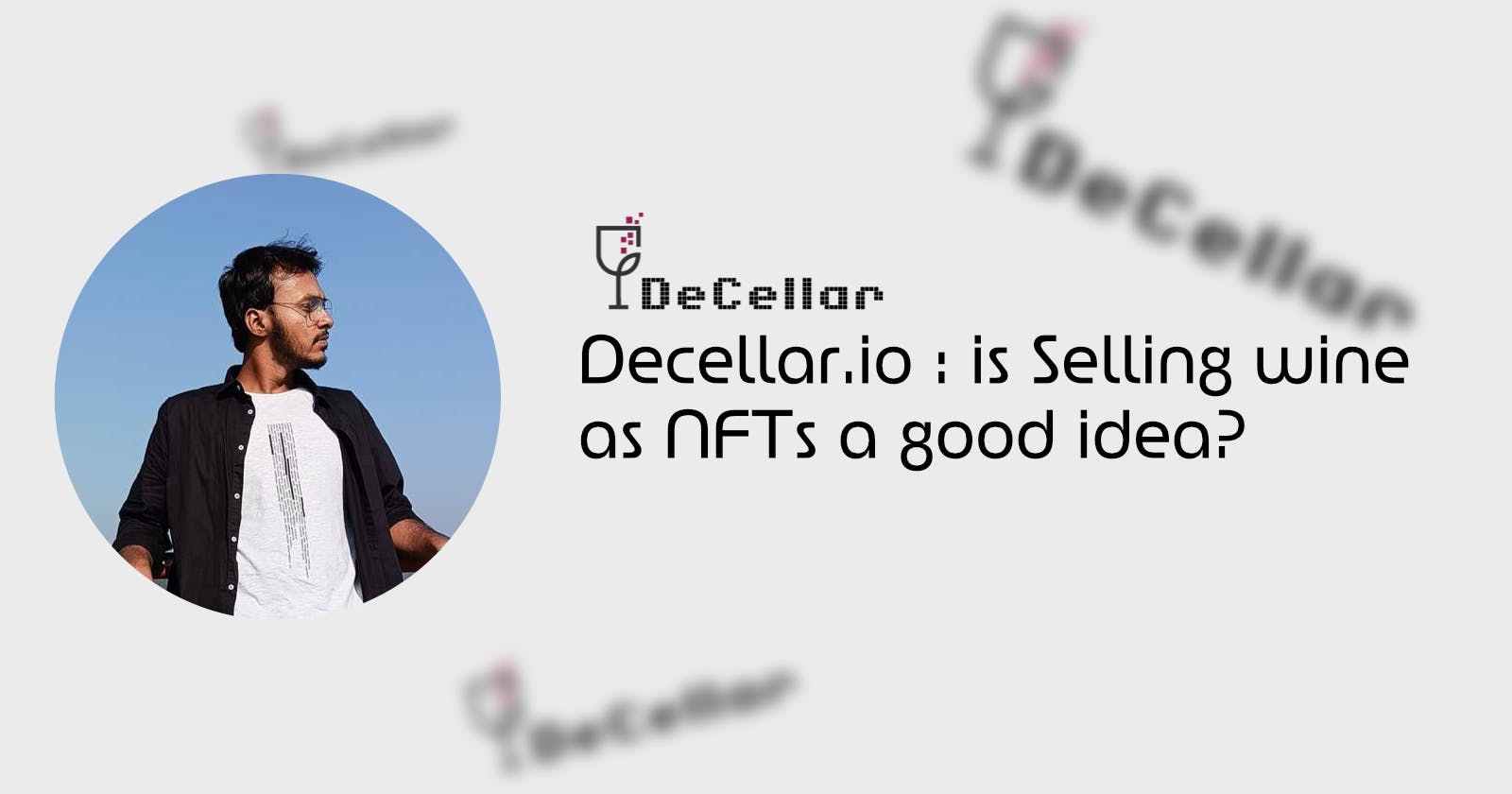Introduction
Decellar.io is a startup company that uses blockchain technology to sell wine investments in the form of Non-Fungible Tokens (NFTs). The startup would offer investors the opportunity to purchase fractional ownership of rare and collectible wines, with each NFT representing a specific bottle of case or wine.
The startup would source the wine from reputable vineyards and wine merchants, and would carefully curate a selection of rare and high-quality wines for investors to choose from. The wine's provenance, vintage, and other important details would be stored on the blockchain providing transparency and authenticity to investors.

What are NFTs?
NFTs are digital assets that are stored on a blockchain and represent unique items and collections. Each NFT is unique and cannot be replicated, making it a valuable collector's item.

A future-proof idea
Selling wine as NFTs is an emerging trend in the world of wine collecting and investing. When it comes to wine, NFTs can represent ownership of a specific bottle or collection of bottles. These NFTs can be traded, sold, and even used as a form of collateral for loans. By using NFTs, wine collectors and investors can have greater certainty about the authenticity and provenance of the wine, as the information is stored on the blockchain and cannot be altered.
Based in Europe

Europe is home to many historic and renowned wine cellars, with some dating back several centuries. These cellars are often located in regions known for their wine production and are used to store and age wine under specific conditions to achieve the desired flavor and aroma.
Some of the famous wine cellars in Europe include:
Cricova Winery, Moldova - this underground wine cellar is located in the town of Cricova, and is one of the largest wine cellars in the world. It stretches over 120 Km and contains more than 1.25 million bottles of wine.
Champaign Cellars, France - the Champagne region of France is home to many famous wine cellars, including those belonging to Moet & Chandon and Veuve Clicquot. These cellars are used to store and age Champagne, a sparkling wine produced in the region.
Porto Wine Cellars, Portugal - the city of Porto in Portugal is known for its production of Port wine, a fortified wine that is aged in wooden barrels. The region is home to many historic wine cellars, including those belonging to Sandeman, Taylor's, and Graham's.
Advantage of Selling wine as NFTs
![]()
One advantage of selling wine as NFTs is that it can increase the liquidity of wine investments, Traditional wine investments are often illiquid, meaning that it can be difficult to sell the wine at a fair price or find a buyer. By selling wine as NFTs, investors can trade ownership of the wine more easily and quickly, as the ownership is represented digitally on a blockchain.
Another advantage of selling wine as NFTs is that it can potentially make wine investing more accessible to a wider range of investors. Instead of needing large amounts of capital to purchase rare bottles, investors can purchase NFTs that represent fractional ownership of the wine. This can make wine investing more affordable and reduce the barriers to entry for new investors.
Selling wine as NFTs can also provide a greater degree of transparency and authenticity in the wine industry. Each NFT represents a unique and specific bottle of wine, and the information about the wine's provenance, vintage and other characteristics can be stored on the blockchain. This can make it easier to verify the authenticity and quality of the wine, which can be important for collectors and investors.
Conclusion
Overall, selling wine as NFTs can provide benefits such as increased liquidity, accessibility, and transparency in the wine industry. However, it's important to carefully consider the legal and regulatory implications before investing in wine NFTs, as there may be tax and other regulatory issues that need to be addressed.

